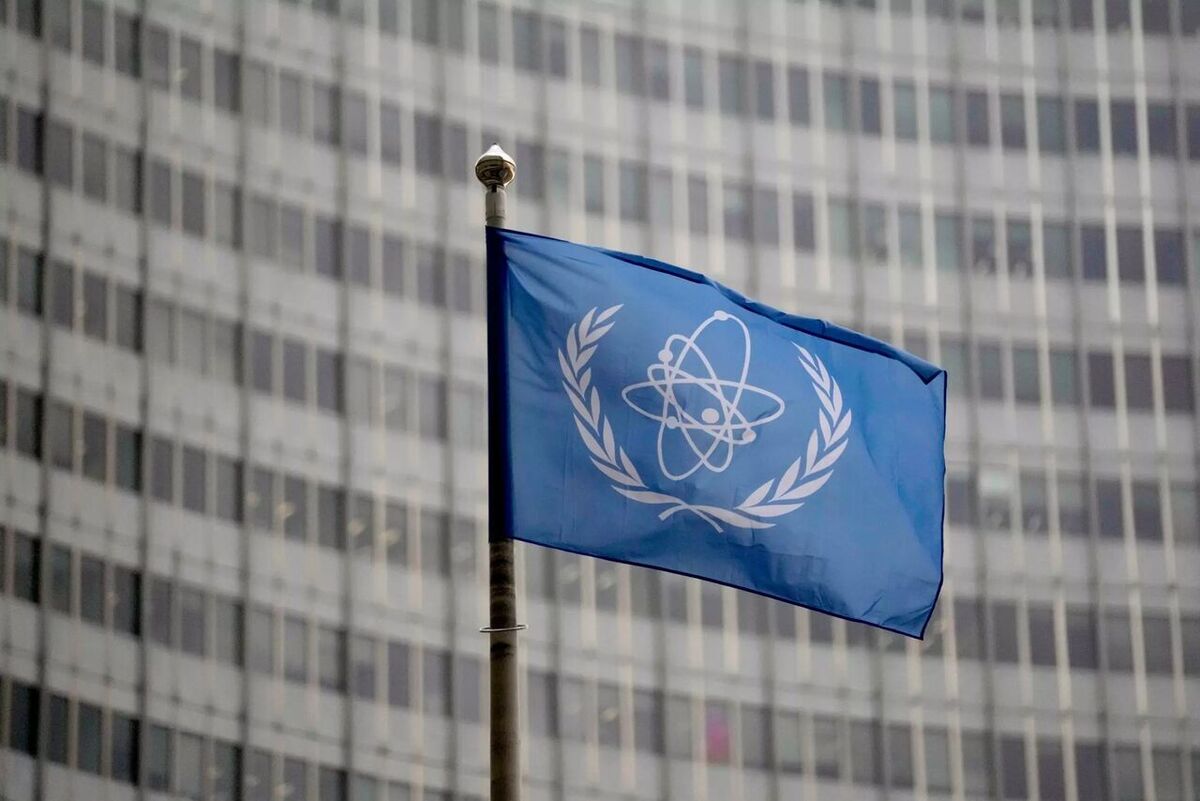Bombs over treaties: How the U.S. and Israel eroded the NPT's legitimacy

The Qatari outlet wrote: “Many countries may now conclude from the 12-day war that adherence to the NPT no longer guarantees nuclear security.”
After bombing Iran’s nuclear facilities, U.S. President Donald Trump was quick to declare victory, with his administration claiming that “the world is now a much safer place after the strikes destroyed Iran’s ability to build nuclear weapons.”
While the extent of damage to Iran’s nuclear program remains unclear, the non-proliferation system that had kept the program transparent for years has unraveled. This short-sighted military action, rather than containing nuclear proliferation, may have intensified the very threat it sought to prevent—turning not only the Middle East but the entire world into a much more dangerous place.
The Al Jazeera author noted that all aspects of Iran’s nuclear program had been under close scrutiny by the International Atomic Energy Agency (IAEA) for decades. While Iran has not yet announced its withdrawal from the NPT, its parliament has passed legislation to halt all cooperation with the IAEA.
In effect, by bombing IAEA-monitored facilities, the U.S. has shown non-nuclear states that cooperation with the UN’s nuclear watchdog offers little protection.
The joint U.S.-Israeli attacks set a dangerous precedent: despite Iran opening its facilities to inspectors and remaining within the framework of negotiations, it was met with military force. If other nations conclude that compliance with the NPT and allowing inspections do not shield them from attack or coercion, they may come to believe that the only reliable security guarantee is acquiring a nuclear deterrent. For example, the U.S. has refrained from attacking North Korea’s nuclear sites ever since it obtained nuclear weapons.
This reckless show of force, rather than achieving even a temporary rollback of Iran’s nuclear program, now threatens to collapse the broader non-proliferation architecture and regional stability.
The U.S. still has an opportunity to prevent a nuclear arms race in the Middle East and beyond. Washington must urgently reinvest in diplomacy and begin repairing the deep mistrust it has created.
Al Jazeera concludes: “Reaching an agreement is essential—but for that to happen, U.S. diplomacy must return to realism. Washington must abandon its maximalist demand for ‘zero enrichment.’ Arms control experts insisting that Iran have no enrichment capacity is unrealistic and unnecessary for non-proliferation. The JCPOA already proved that a strictly limited enrichment program under tight oversight can effectively prevent Iran from obtaining a nuclear weapon. The U.S. must show it is willing to accept such arrangements in exchange for security guarantees and sanctions relief.”
Ultimately, sustained international diplomacy—not high-risk unilateral action—remains the most effective way to manage the threat of nuclear proliferation. The recent attacks by the U.S. and Israel were a grave strategic error. Reversing the damage will require a renewed commitment to diplomacy.